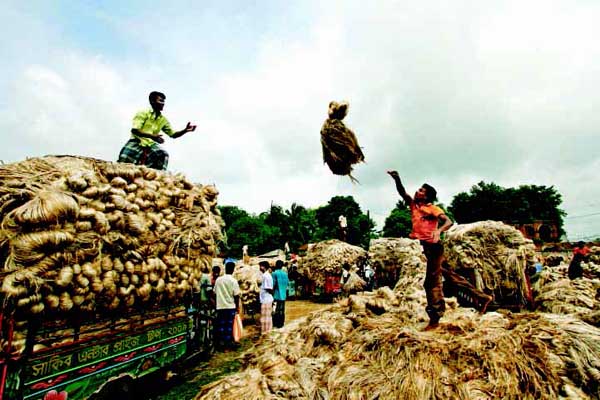
She wakes up at five o?clock, washes utensils, cleans clothes, sweeps the floor and then gets ready for school. At school she has very few people to talk to and is often found sitting in a corner or being made fun of. If she is lucky, on some days her mother will come to pick her up. Otherwise she will have to crawl on her knees, as the wheelchair given to her by the government is broken.
Poonam is, however, determined to study and is learning to stand up on crutches given to her by a non-governmental hospital. If her family can manage $100 for an artificial leg implant in New Delhi, then she may even stand up on her own some day.
Amit Bhargava, India
When Amit?s picture was first published in the print version of the New Internationalist, several people wanted to help. Some wanted to send money. But helping was not such an easy matter. Amit had taken the original photograph over five years ago and did not have a specific address. Dhaka was over a thousand miles away. Luckily my friend professor Yogendra Yadav mentioned that he was from a nearby village. That was the encouragement I needed, and I decided to try and find Poonam. I headed out from Delhi in search of Yogendra?s activist friend Comrade Dalit Singh. Picking up Comrade Singh and his friend en-route, we continued to the village where we thought she might be. Activist networks can be fairly efficient, and Comrade Singh had done his homework. Through a schoolmaster who knew someone, who knew someone else. we eventually found her.


Things had changed over the last five years. Poonam?s father had died, but her mother had taken on extra work to make sure Poonam continued her study. She was in class nine (lower 5th in the old JMB system). She loved Amit?s photograph, even though all I had with me was a tatty photocopy. And she wanted the implant. My broken Hindi was being stretched, but we made friends.


Leaving money for the family with Comrade Singh, I went to the nearest major hospital. It was one that Yogendra?s family had setup and his sister was a doctor there. Explaining Poonam?s story, I went back to Delhi to meet Yogendra. Our friend Harsh Sethi the editor of Seminar magazine was also there. Harsh was somewhat of an expert on polio, and explained what the options were. I thought we?d solved Poonam?s problems.
Much had happened in between, and I hadn?t checked up on Poonam until recently, when I found out that they had miscalculated, and the money I had given was not nearly enough. Too embarrassed to ask me for more they had decided to try and raise the rest of the money themselves. I realised how my city life had alienated me from rural culture. I had forgotten how difficult it was to ask for more.
Published in Southern Exposure in New Internationalist Magazine
Today is ?Pohela Boishakh? the first day of the Bangla year 1413. I went out today to photograph the boishakhi storm, and gathered my first hailstones.


This is the month when farmers will harvest their new grain. This is the month when Chakma women in the Chittagong Hill Tracts will throw water at the men they would like to marry. (http://www.drik.net/calendar93/apr.htm).
I hope it is a good year for Poonam.
Shahidul Alam
Dhaka. Pohela Boishakh 1413








